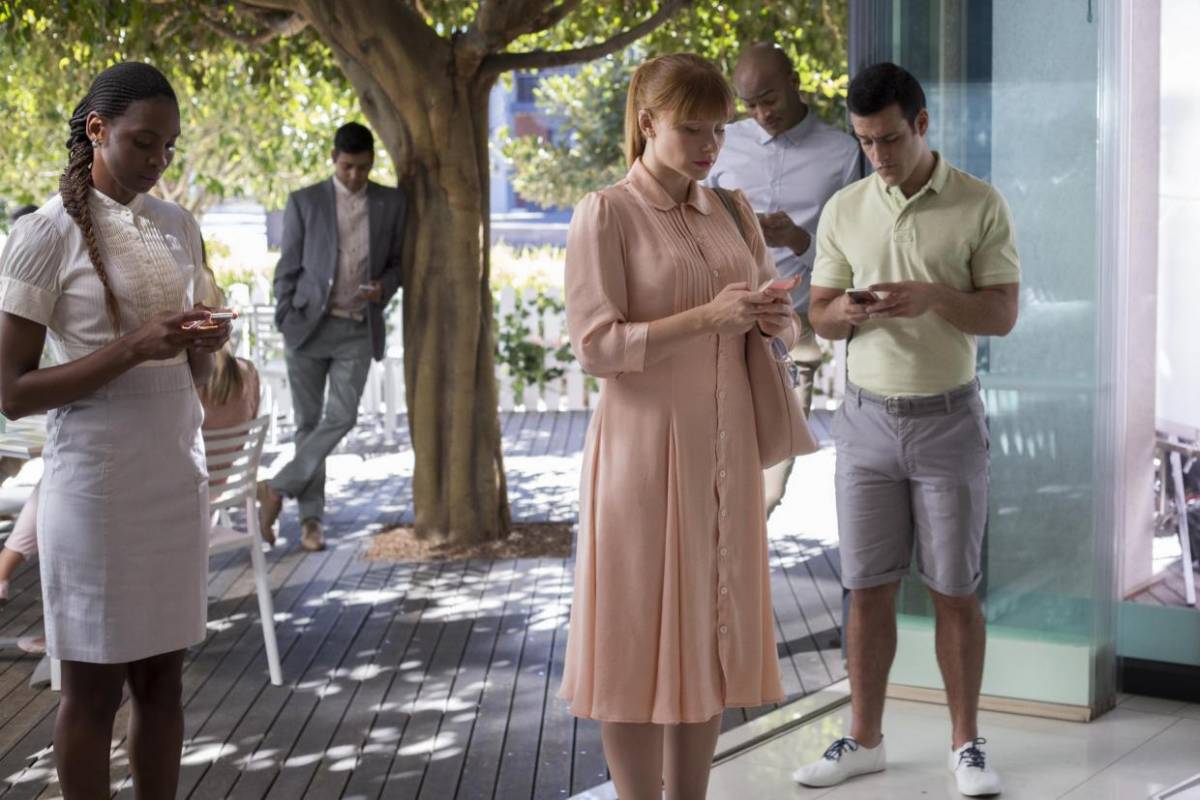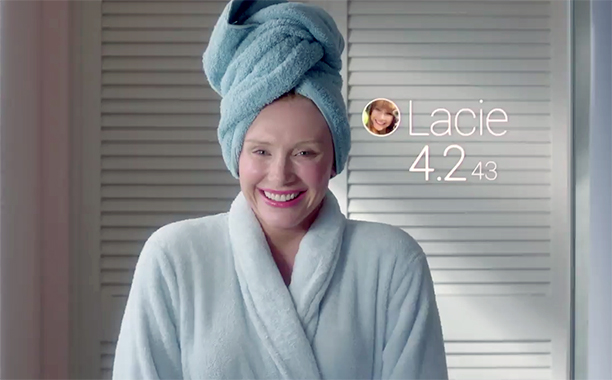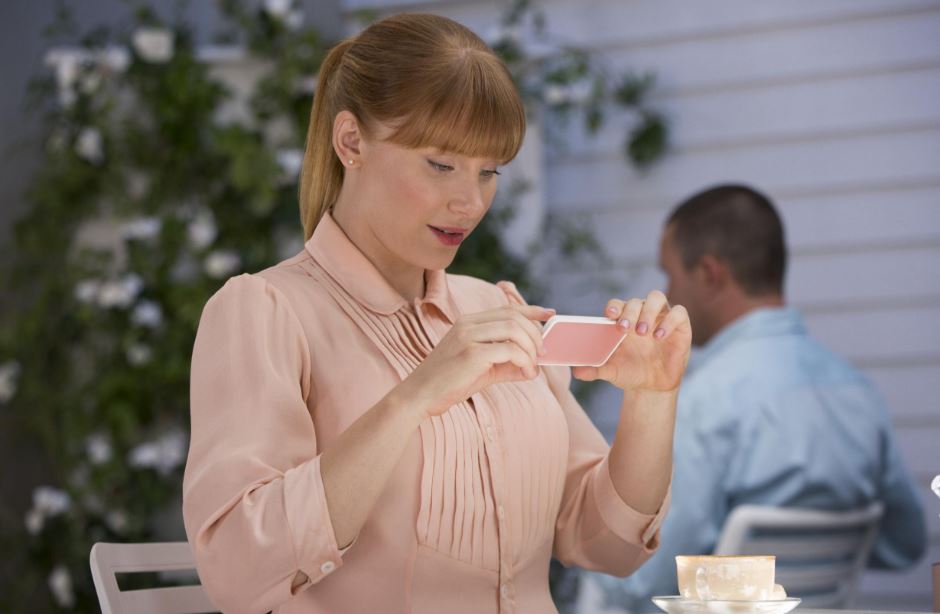Black Mirror is back. The devilishly clever and foreboding Twilight Zone-esque show brought to us by Charlie Brooker returns for its third season on Netflix, and it kicks off with a tale that hits a little too close to home.
In a world where social media dictates everybody’s lives, Lacie (Bryce Dallas Howard) strives to achieve perfect ratings from her peers and generally everybody around her. Almost immediately in the episode, we’re introduced to an app that aggregates everyone’s social media presence and presents them as a rating out of five. Others can rate them or their posts, which in turn affects their overall image within society. Have too low of a rating, for example, and you’ll be banned from working in a specific sector. But reach the highest of highs, and you’ll swim with the elite.

Already, you can probably tell that Black Mirror’s return doesn’t hold anything back in terms of social commentary. Interestingly, though, ‘Nosedive’ manages to avoid the predictable route of satirising the image of everybody staring at their phones; instead, the revolutionary app depicted in the episode brings everybody together in a collective, mutual gain through the rating system. Arguably the niceness shared between strangers is fictitious solely for personal gain, but it’s an interesting look at where things are headed. Also, despite all the commentary that’s either glaringly obvious or slightly more subtle, ‘Nosedive’ never feels like it’s beating you over the head with a message about morality. It merely suggests some things which could make viewers uncomfortable in how real they seem.
The visuals and sound for the opening episode are both stellar, and more than draw you in to the universe that writers Rashida Jones and Michael Schur have created. The opening shot is of Lacie running through a picturesque neighbourhood, and most people wear quaint, pastel colours which make it all feel very sickly and sweet. Later on however, when Lacie encounters somebody who has a rating of 1.4 out of 5 (essentially an undesirable), we see a much more gritty and real side to the world.
From an auditory point of view, the soundtrack to the episode is spot-on. Again, in the opening scenes of tranquillity, we’re greeted to peaceful piano music that perfectly establishes how pristine and charming the world is supposed to be. At another moment in the episode, though, the sounds become much harsher and aggressive, and the noise that signals a down-vote on somebody is woven in to the soundtrack to create this impending sense of dread. It’s an absolute roller coaster of emotions.

Like with almost every Black Mirror episode, expecting a happy ending is a foolish endeavour. One of the few problems I had with ‘Nosedive’, though, was that the conclusion to the story is telegraphed very early on. And not just subtly foreshadowed or hinted at: it’s pretty much outright stated what is going to happen. Some viewers might brush it off as forgettable, but I immediately knew where things were headed after a fateful conversation Lacie has early on. This was arguably planned, because the slow descent of the episode can be seen from a mile away, but it still felt a little unsatisfying when things ended precisely how you’d imagine.
Aside from the fairly blatant progression of ‘Nosedive’, it’s definitely a good start to a new season of one of my personal favourite shows. When the first trailers emerged for Netflix’s new season, I was cautiously optimistic, because I feared that a bigger budget and American influence might taint what made the original episodes so special. Thankfully, that doesn’t seem to be the case; everything might be shinier, but Black Mirror is still as bleak as ever.
Some of the coverage you find on Cultured Vultures contains affiliate links, which provide us with small commissions based on purchases made from visiting our site. We cover gaming news, movie reviews, wrestling and much more.



